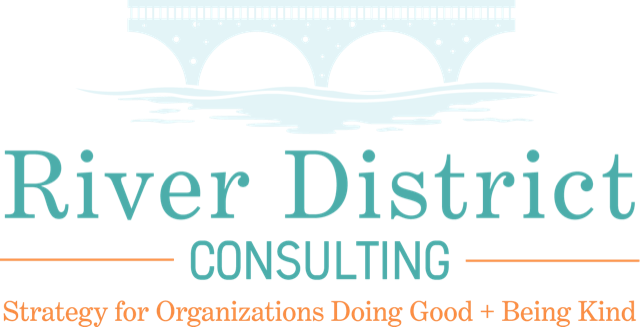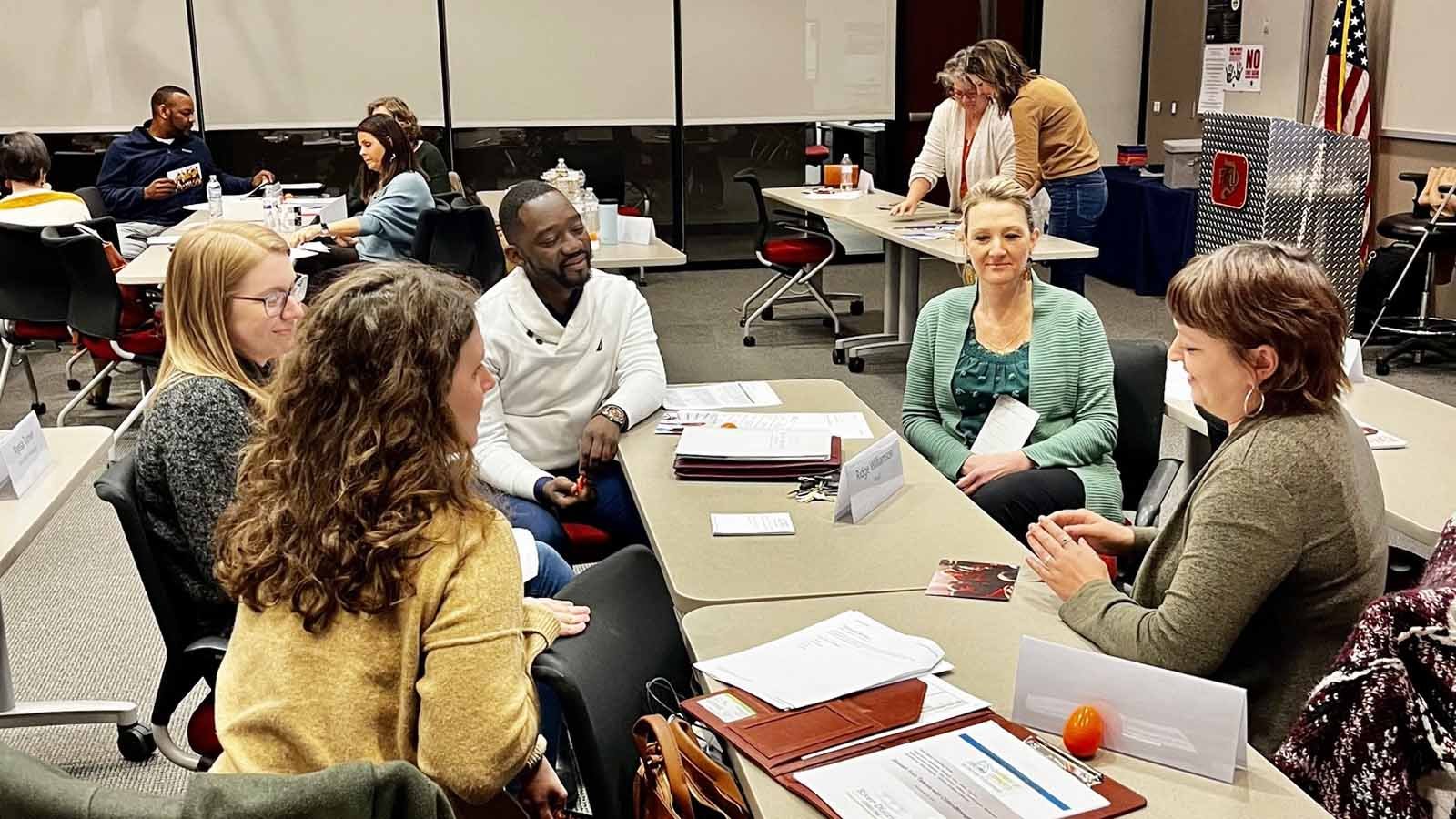Guiding Change: The Role of Facilitation in Solving Complex Problems
Danville Pittsylvania County Chamber of Commerce Leadership Southside
In an increasingly interconnected world, solving complex problems requires more than expertise and determination—it demands collaboration, innovation, and a shared vision for the future. Facilitation, often overlooked in traditional problem-solving approaches, plays a pivotal role in guiding groups through challenges to create meaningful and sustainable solutions.
What Is Facilitation?
Facilitation is the art of guiding a group’s discussion and decision-making process. It ensures that every voice is heard, differing perspectives are integrated, and actionable outcomes are achieved. Unlike leadership, which often involves decision-making authority, facilitation focuses on empowering others to take ownership of solutions.
Why Complex Problems Require Facilitation
Complex problems—those with many interconnected components and no clear-cut solutions—can overwhelm even the most seasoned leaders. These challenges often span multiple sectors, involve diverse stakeholders, and require innovative thinking.
Facilitation addresses complexity by:
Creating Structure in Chaos: Facilitators design processes that guide groups through ambiguity, breaking down problems into manageable steps.
Encouraging Diverse Perspectives: Complex problems benefit from diverse viewpoints. Facilitation ensures every stakeholder is heard, creating a more holistic understanding of the issue.
Building Consensus: With competing priorities often at play, facilitation helps align participants around shared goals and solutions.
The Role of a Facilitator in Guiding Change
Facilitators act as neutral guides, helping groups move from identifying problems to crafting actionable strategies. Their key responsibilities include:
Designing Effective Processes: Facilitators structure workshops, meetings, or retreats to maximize productivity and engagement.
Encouraging Open Dialogue: By creating safe spaces for honest communication, facilitators help uncover underlying issues and foster trust among participants.
Synthesizing Ideas: Facilitators distill complex discussions into clear priorities, actionable plans, and shared objectives.
Maintaining Focus: Groups can easily veer off track; facilitators ensure conversations stay aligned with the desired outcomes.
The Benefits of Facilitation
Effective facilitation results in:
Better Solutions: By engaging all relevant voices, facilitation uncovers innovative ideas that might otherwise go unnoticed.
Stronger Commitment: When stakeholders are part of the solution-making process, they are more likely to support and implement decisions.
Enhanced Relationships: Facilitation builds trust and collaboration, which are essential for solving complex problems.
Conclusion
Solving complex problems is rarely a straightforward journey. It requires patience, collaboration, and skilled guidance to navigate the challenges and uncover lasting solutions. Facilitation provides the tools and processes to turn complexity into opportunity, helping groups move forward with confidence and purpose. Download your free facilitation worksheet above to get started on building these essential skills.
Whether you’re tackling a community challenge or addressing organizational change, facilitation can be the catalyst for progress. By guiding discussions, aligning goals, and fostering collaboration, facilitators help groups achieve outcomes that are not only effective but also deeply impactful.
Ready to harness the power of facilitation in your organization? Contact us to learn more about how we can guide your team through complex challenges to lasting solutions.

